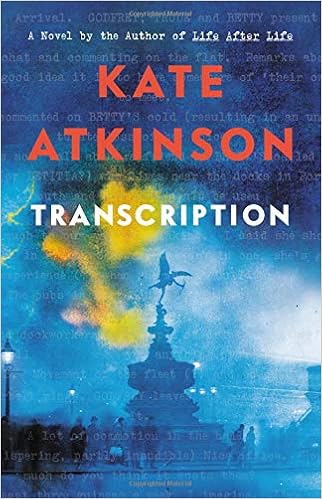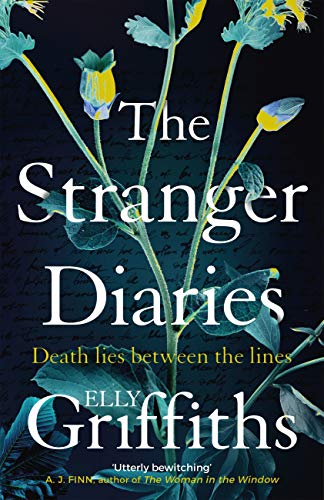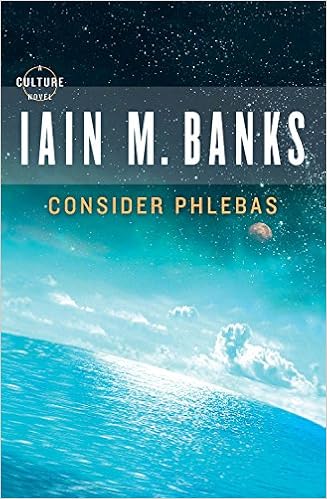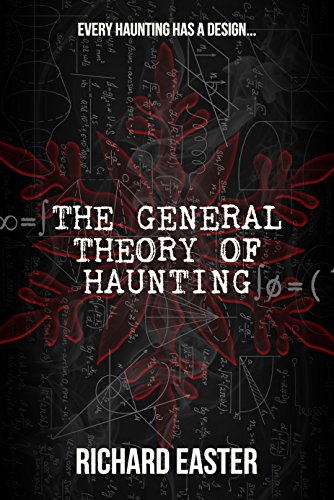The island is many things, but among them is something he hasn't mentioned: the island is a theatre. Prospero is a director. He's putting on a play, within which there's another play. If his magic holds and his play is successful, he'll get his heart's desire. [p. 116]
The
Hogarth Shakespeare was launched in 2012, its goal to publish 'Shakespeare’s works retold by acclaimed and bestselling novelists of today'. I wasn't that impressed by Anne Tyler's
Vinegar Girl, a halfhearted reimagining of Shakespeare's
The Taming of the Shrew: but a friend recommended
Hagseed, Margaret Atwood's take on
The Tempest, and it is truly glorious.
Felix Philips is Artistic Director of a small but acclaimed Canadian theatre festival, working on his masterpiece production of
The Tempest and oblivious to the machinations of his factotum, Tony, who (with the help of friends in high places) ousts Felix from his role, and from his career. Felix sulks off into exile, mourning his
Tempest, but also mourning (and in a sense haunted by) his dead daughter Miranda, for whom the production was to have been a kind of memorial.
One cannot sulk forever in a pioneer shack in the wilderness, though: and eventually Felix takes up a position as a drama teacher at the Fletcher Correctional Institute. He gets to stage a Shakespeare play annually, with a cast of felons. And this year it's to be
The Tempest: and the treacherous Tony, and his politician friend Sal, will be guests of honour. The stage is set for Felix's long-delayed revenge.
I especially liked the cast of inmates, who are prohibited from swearing except if they use profanities from the play, which means they read it very closely. ("You're such a poxy communist," says SnakeEye. "Shove it, freckled whelp," says Red Coyote. "No whoreson dissin', we're a team," says Leggs. [p. 127]). There's a hacker-Ariel, a drug dealer who provides Felix with some chemical aids for the production, and a veteran with PTSD who plays Caliban. (None of the inmates want to play a Girl, so Felix brings in a real live actress, Anne-Marie, who has some pertinent things to say about the play itself.)
It's part literary critique -- 'how many prisons can you count in this play?'; Caliban as a victim of colonialism; how far vengeance should go -- and part revenge tragedy. Felix, though the most rounded character in the novel, is actually very cruel to his victims, and he never quite loses his arrogance. On the other hand, he does seem to learn something from the inmates, and from Anne-Marie, and from Estelle, the 'twinkling' professor who's a major supporter and facilitator of the theatre scheme. He is substantially changed by the end of
Hagseed: he is freed from his self-imprisonment -- and he is not the only one who's freed.
This is a novel of many layers. It's thought-provoking, well-structured and wry. And it is great fun, especially when Atwood has the prisoners rewrite Shakespeare's text:
SIGN: A SUDDEN TEMPEST
ANNOUNCER: What you’re gonna see, is a storm at sea: Winds are howlin’, sailors yowlin’, Passengers cursin’ ’em, ’cause it gettin’ worse: Gonna hear screams, just like a ba-a-d dream, But not all here is what it seem, Just sayin’. [Grins].Now we gonna start the playin’.
(No, it is not all like that. But that's the opening of the novel, and it hooked me comprehensively.)

































